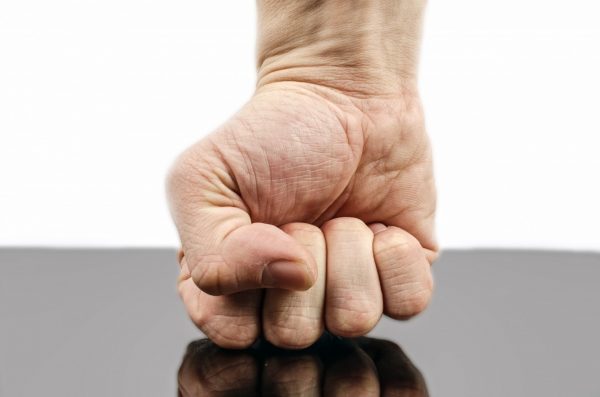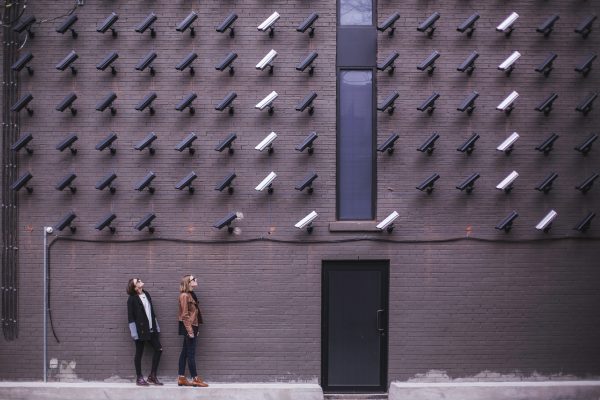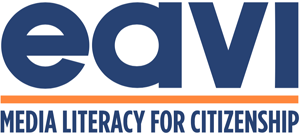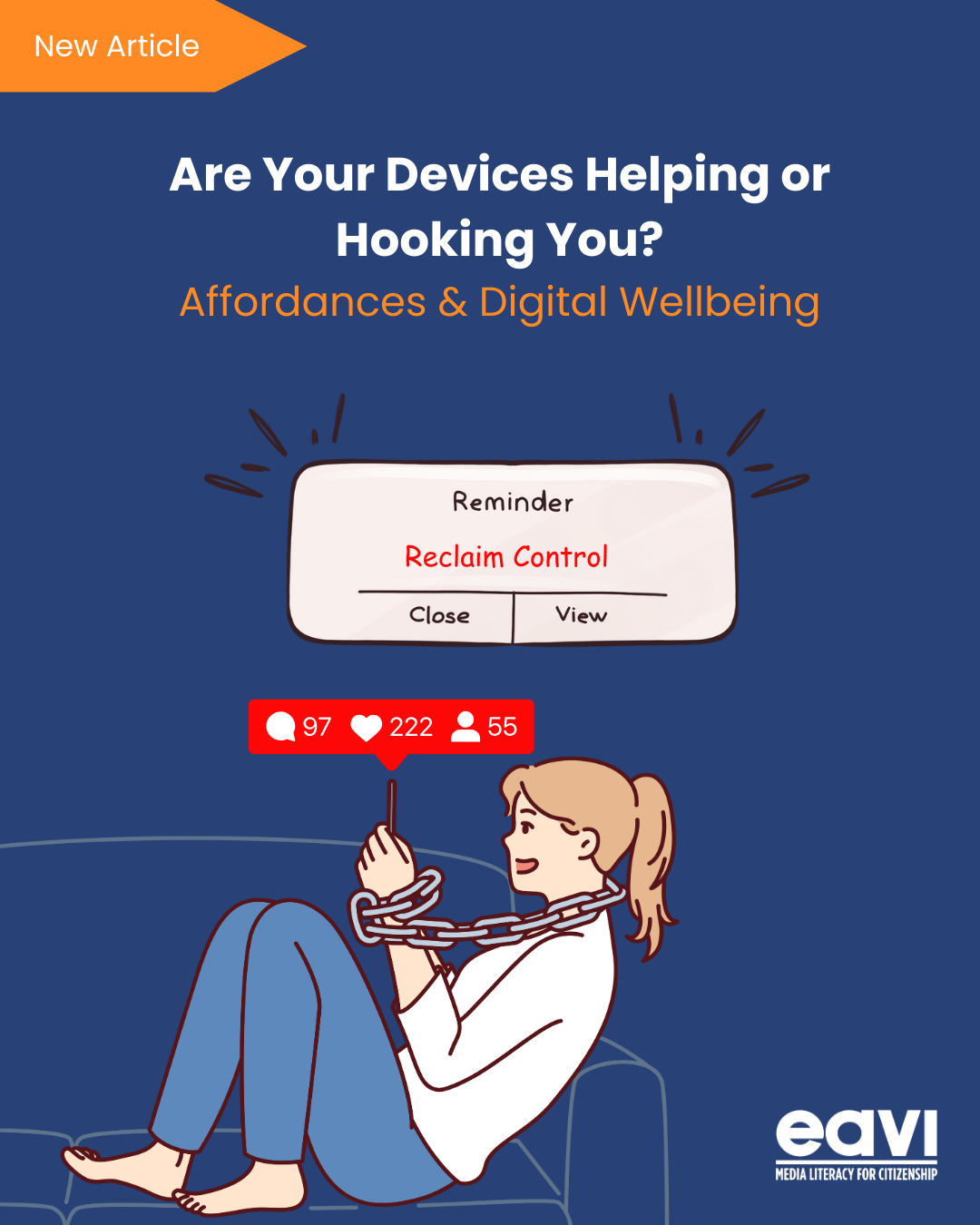
While the world is trying to deal with Covid-19, the difference between democratic and authoritarian rulers is getting more visible. The democratic countries are often trying their best to overcome the crisis with the least harm on human life and economy while most of the authoritarian leaders are trying to obtain more powers by using Covid-19 as an excuse. And the media is playing one of the leading roles in this case.
There are many examples that can be given about how such leaders responded to Covid-19. For instance, the Hungarian Prime Minister, Viktor Orbán used his party’s supermajority in the parliament to pass a new law called “enabling act” on March 30. It allows Prime Minister Viktor Orbán to rule by decree for an unlimited period, supposedly to help the government fight the Covid-19 pandemic. In fact, the new law endangers the lives of many Hungarians by empowering the government to drastically limit information about the management of the virus.
Furthermore, there are always more powers to grab for authoritarian leaders like Erdoğan. In 2018, the pro-government Demirören Group bought the Turkish media giant in a blow to free press, which marked a new era without any independent or critical mainstream Turkish media. Nowadays, Turkish president Erdoğan is seeking ways to control social media as well with the excuse of Covid-19.

Combatting the virus may require tracking and other forms of intrusive surveillance. Most people will abide by the rules and give up their privacy temporarily. Democratic countries will take only the data they need. Will others do the same? For example, Cambodia’s emergency law allows for unlimited surveillance. Meanwhile, in Russia’s Nizhny Novgorod region, about 250 miles northeast of Moscow, the regional government boosted its coronavirus-control measures by adding a system of downloadable QR codes in the latest attempt to use tracking technology to battle the pandemic.
Admittedly, there has been a problem with real democratic representation across the world, due to the rise of military dictatorships (as in the case of Egypt), and far-right populism (as in the case of the US, various Western countries, India and so forth). Covid-19 seems to contribute to this issue. The disinformation campaigns and various media institutions create panic. This could help authoritarian leaders to portray themselves as saviors of the nations. But first, they have a couple of requests: more powers, no more free press, and no more parliament & legal obstacles.
It is difficult to refrain from boarding the authority train to have the illusion of safety, whether you are media literate or not. For people following the media in Turkey, Russia, or Hungary and in any other Strongman Country, the media often triggers the same feelings: despair due to crisis and the hope in a strong ruler. But are they really the only hope? Do they really think about citizens besides their own interests? In this Covid-19 case, it is not easy to be aware of the situation, but it is worth the try. Especially after seeing that countries who do not turn to strongman leadership like South Korea, Germany, and Austria are actually doing well in this crisis without an authoritarian rule or a military dictatorship.

While the world is trying to deal with Covid-19, the difference between democratic and authoritarian rulers is getting more visible. The democratic countries are often trying their best to overcome the crisis with the least harm on human life and economy while most of the authoritarian leaders are trying to obtain more powers by using Covid-19 as an excuse. And the media is playing one of the leading roles in this case.
There are many examples that can be given about how such leaders responded to Covid-19. For instance, the Hungarian Prime Minister, Viktor Orbán used his party’s supermajority in the parliament to pass a new law called “enabling act” on March 30. It allows Prime Minister Viktor Orbán to rule by decree for an unlimited period, supposedly to help the government fight the Covid-19 pandemic. In fact, the new law endangers the lives of many Hungarians by empowering the government to drastically limit information about the management of the virus.
Furthermore, there are always more powers to grab for authoritarian leaders like Erdoğan. In 2018, the pro-government Demirören Group bought the Turkish media giant in a blow to free press, which marked a new era without any independent or critical mainstream Turkish media. Nowadays, Turkish president Erdoğan is seeking ways to control social media as well with the excuse of Covid-19.

Combatting the virus may require tracking and other forms of intrusive surveillance. Most people will abide by the rules and give up their privacy temporarily. Democratic countries will take only the data they need. Will others do the same? For example, Cambodia’s emergency law allows for unlimited surveillance. Meanwhile, in Russia’s Nizhny Novgorod region, about 250 miles northeast of Moscow, the regional government boosted its coronavirus-control measures by adding a system of downloadable QR codes in the latest attempt to use tracking technology to battle the pandemic.
Admittedly, there has been a problem with real democratic representation across the world, due to the rise of military dictatorships (as in the case of Egypt), and far-right populism (as in the case of the US, various Western countries, India and so forth). Covid-19 seems to contribute to this issue. The disinformation campaigns and various media institutions create panic. This could help authoritarian leaders to portray themselves as saviors of the nations. But first, they have a couple of requests: more powers, no more free press, and no more parliament & legal obstacles.
It is difficult to refrain from boarding the authority train to have the illusion of safety, whether you are media literate or not. For people following the media in Turkey, Russia, or Hungary and in any other Strongman Country, the media often triggers the same feelings: despair due to crisis and the hope in a strong ruler. But are they really the only hope? Do they really think about citizens besides their own interests? In this Covid-19 case, it is not easy to be aware of the situation, but it is worth the try. Especially after seeing that countries who do not turn to strongman leadership like South Korea, Germany, and Austria are actually doing well in this crisis without an authoritarian rule or a military dictatorship.

While the world is trying to deal with Covid-19, the difference between democratic and authoritarian rulers is getting more visible. The democratic countries are often trying their best to overcome the crisis with the least harm on human life and economy while most of the authoritarian leaders are trying to obtain more powers by using Covid-19 as an excuse. And the media is playing one of the leading roles in this case.
There are many examples that can be given about how such leaders responded to Covid-19. For instance, the Hungarian Prime Minister, Viktor Orbán used his party’s supermajority in the parliament to pass a new law called “enabling act” on March 30. It allows Prime Minister Viktor Orbán to rule by decree for an unlimited period, supposedly to help the government fight the Covid-19 pandemic. In fact, the new law endangers the lives of many Hungarians by empowering the government to drastically limit information about the management of the virus.
Furthermore, there are always more powers to grab for authoritarian leaders like Erdoğan. In 2018, the pro-government Demirören Group bought the Turkish media giant in a blow to free press, which marked a new era without any independent or critical mainstream Turkish media. Nowadays, Turkish president Erdoğan is seeking ways to control social media as well with the excuse of Covid-19.

Combatting the virus may require tracking and other forms of intrusive surveillance. Most people will abide by the rules and give up their privacy temporarily. Democratic countries will take only the data they need. Will others do the same? For example, Cambodia’s emergency law allows for unlimited surveillance. Meanwhile, in Russia’s Nizhny Novgorod region, about 250 miles northeast of Moscow, the regional government boosted its coronavirus-control measures by adding a system of downloadable QR codes in the latest attempt to use tracking technology to battle the pandemic.
Admittedly, there has been a problem with real democratic representation across the world, due to the rise of military dictatorships (as in the case of Egypt), and far-right populism (as in the case of the US, various Western countries, India and so forth). Covid-19 seems to contribute to this issue. The disinformation campaigns and various media institutions create panic. This could help authoritarian leaders to portray themselves as saviors of the nations. But first, they have a couple of requests: more powers, no more free press, and no more parliament & legal obstacles.
It is difficult to refrain from boarding the authority train to have the illusion of safety, whether you are media literate or not. For people following the media in Turkey, Russia, or Hungary and in any other Strongman Country, the media often triggers the same feelings: despair due to crisis and the hope in a strong ruler. But are they really the only hope? Do they really think about citizens besides their own interests? In this Covid-19 case, it is not easy to be aware of the situation, but it is worth the try. Especially after seeing that countries who do not turn to strongman leadership like South Korea, Germany, and Austria are actually doing well in this crisis without an authoritarian rule or a military dictatorship.








































































































































































